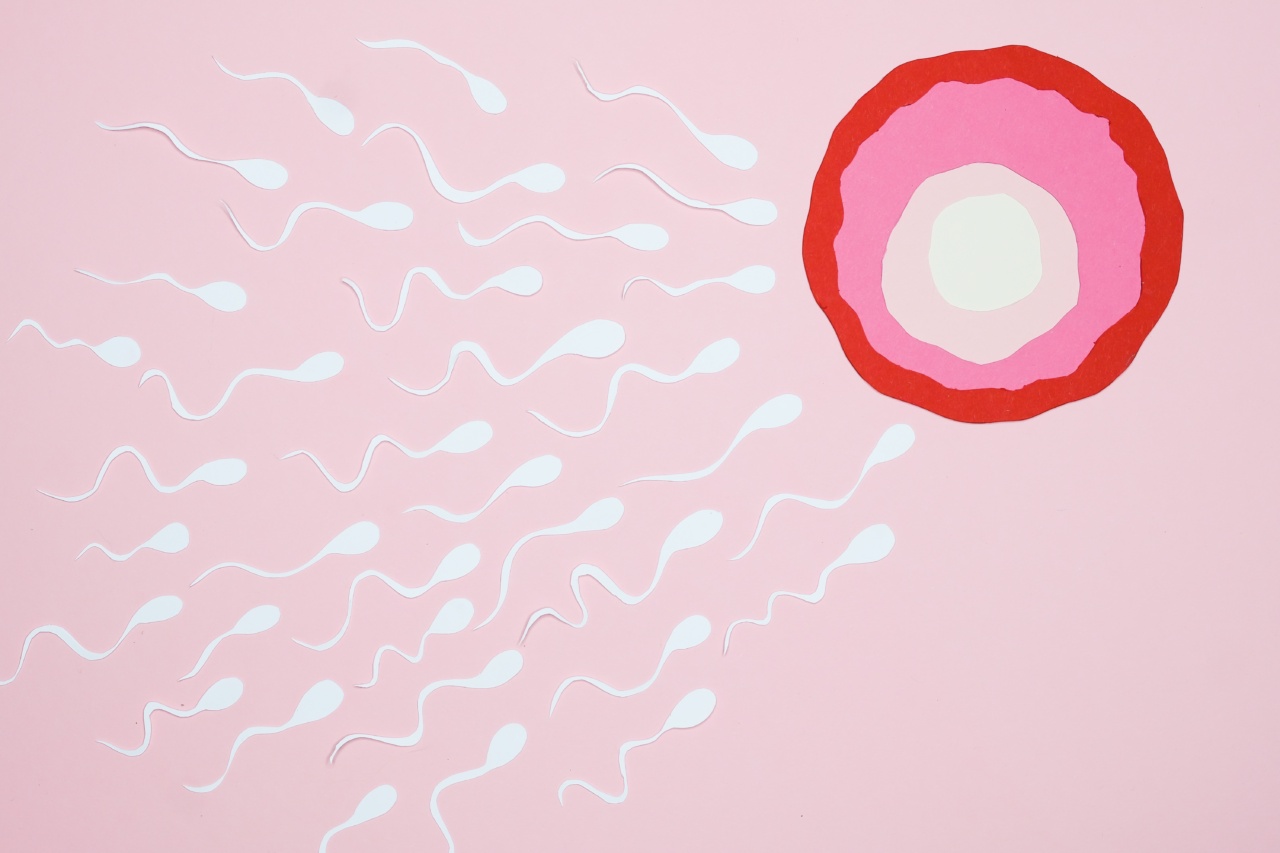When it comes to having a baby, there are many myths and misconceptions out there that can make it difficult to know what’s fact and what’s fiction.
Some of these myths can lead to unnecessary stress, worry, and even delay in getting pregnant. In this article, we will be debunking some of the most common fertility and conception myths out there.
Myth #1: You Can’t Get Pregnant on Your Period
Many people believe that you cannot get pregnant during your period because the uterus is shedding its lining. However, it is possible for ovulation to occur during your period or shortly after, which can result in pregnancy.
Ovulation is when the ovaries release an egg, which can be fertilized by sperm. Sperm can survive in the body for up to five days, so having sex during your period could result in pregnancy.
Myth #2: Having Sex Every Day Will Increase Your Chances of Getting Pregnant
While having sex every day can increase the chance of getting pregnant, it can also decrease the quality of the sperm.
It’s important to let the sperm replenish, so it’s recommended to have sex every two to three days during the fertile window. This is the time when there is a greater chance of getting pregnant. The fertile window is typically around the time of ovulation, which is usually 12-14 days before the start of your period.
Myth #3: The Missionary Position is the Best Position for Conception
There is no particular sexual position that is better than another for conception. As long as the sperm is able to reach the egg, which can happen through any vaginal penetration, including intercourse in any position.
It’s ultimately up to personal preference and what is comfortable for both partners.
Myth #4: Certain Foods Can Increase Fertility
While a healthy diet is important for overall health, there is no particular food or supplement that can increase fertility. However, maintaining a healthy weight can improve fertility.
Being underweight or overweight can disrupt hormones and make it more difficult to get pregnant.
Myth #5: Smoking Doesn’t Affect Fertility
Smoking can affect fertility in both men and women. In women, smoking can damage the ovaries and reduce egg quality. In men, smoking can decrease sperm count and motility. Quitting smoking can improve fertility and increase the chances of getting pregnant.
Myth #6: Infertility is Always Caused by the Woman
Infertility is often assumed to be caused by the woman, but it can be caused by factors in both men and women. In fact, in about 30% of cases, infertility is due to male factors, such as low sperm count or motility.
It’s important for both partners to undergo testing to determine the cause of infertility and develop a treatment plan.
Myth #7: Age Doesn’t Affect Fertility
Age is a significant factor in fertility. Women’s fertility begins to decline after the age of 30 and decreases even more rapidly after the age of 35. Men’s fertility also declines as they age.
It’s important to consider age when trying to conceive and seek medical advice if there are concerns about fertility.
Myth #8: Stress Causes Infertility
While stress can affect fertility, it is not a direct cause of infertility. Stress can disrupt hormones and make it more difficult to get pregnant, but reducing stress levels can improve overall health and increase the chances of conception.
There are many ways to reduce stress levels, including exercise, meditation, and counseling.
Myth #9: The More Sex You Have, the Better Your Chances of Conceiving
Having sex too often can actually lower the chances of conceiving, as it can decrease the quality and quantity of sperm. It’s important to have sex during the fertile window, which is usually around the time of ovulation.
Sperm can survive in the body for up to five days, so having sex every two to three days during this time can increase the chances of getting pregnant.
Myth #10: Infertility Treatment Always Involves IVF
There are many different types of infertility treatments, and IVF is just one of them.
Depending on the cause of infertility, other treatments may be more appropriate, such as medication to stimulate ovulation or surgery to correct structural abnormalities. It’s important to discuss all options with a medical professional and choose the best course of treatment for your individual needs.





























